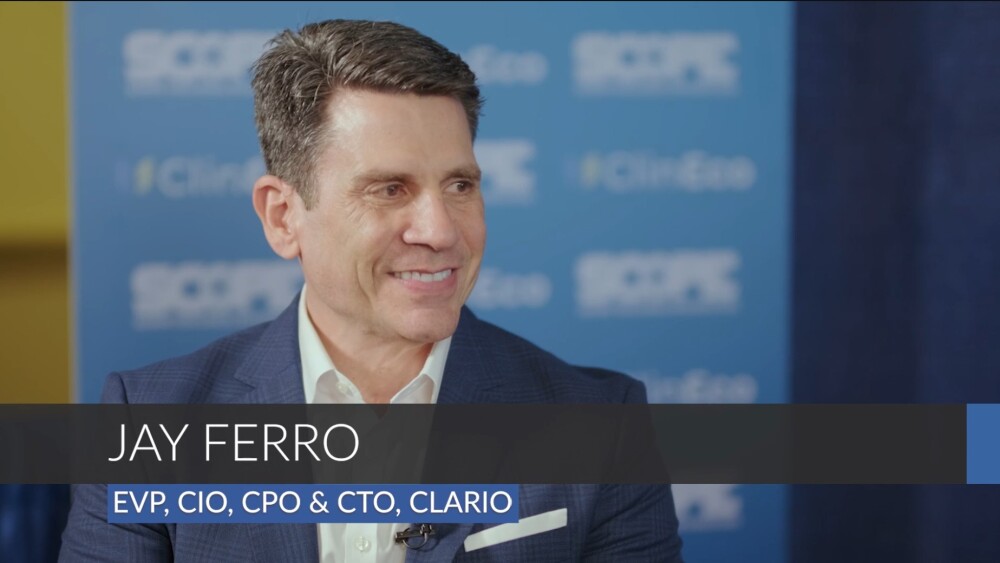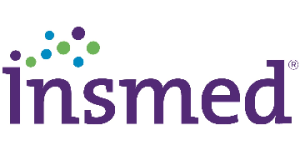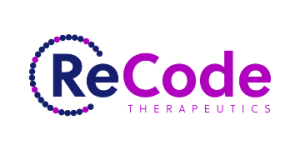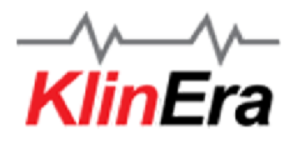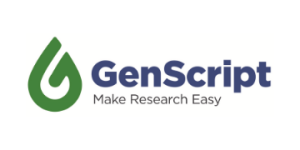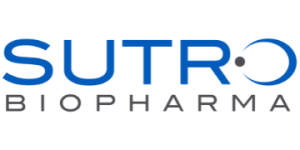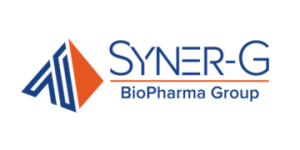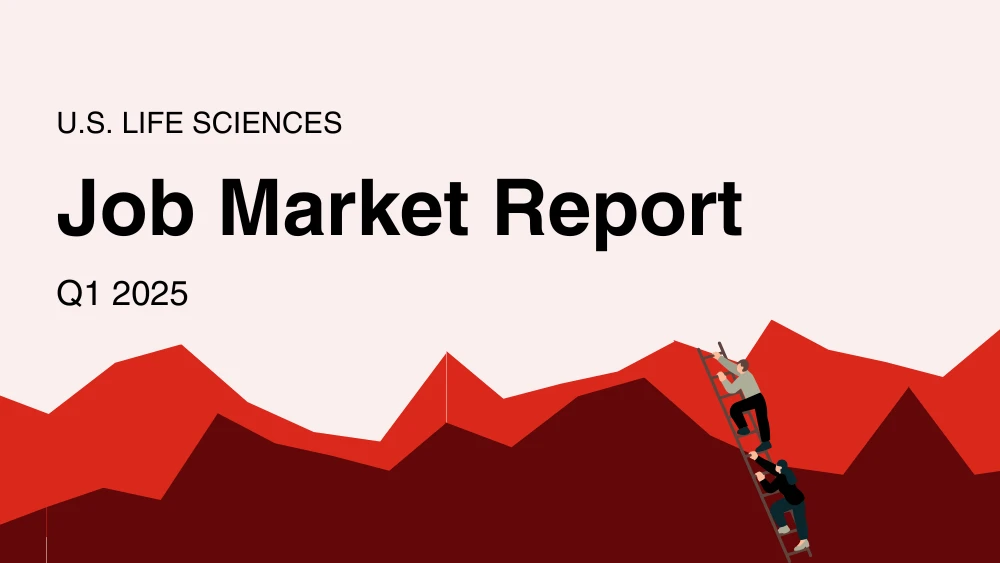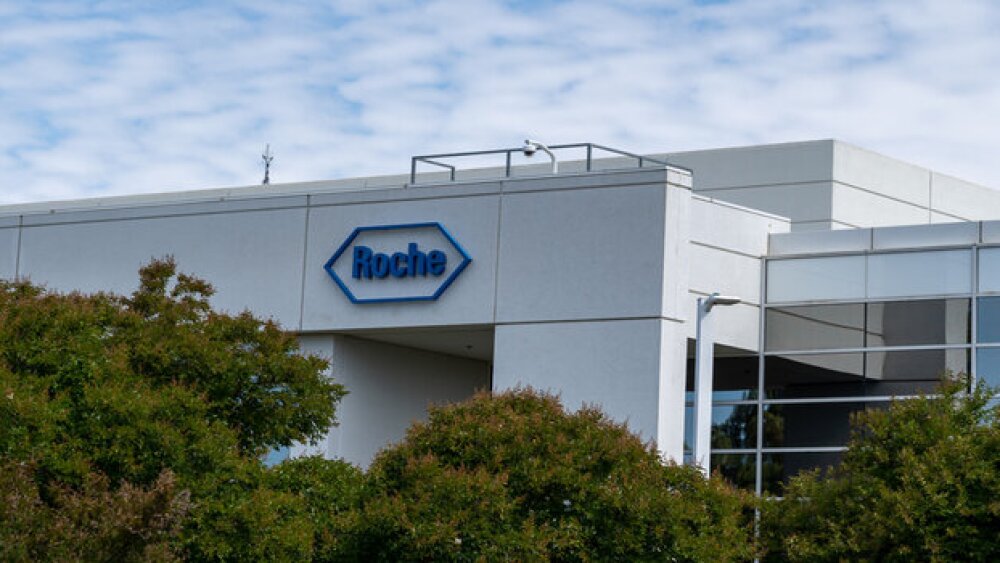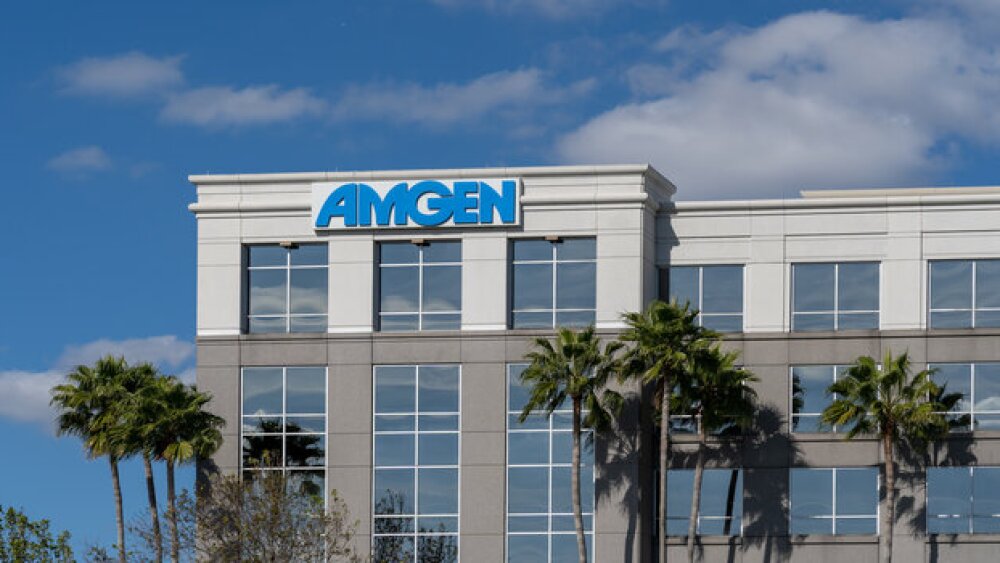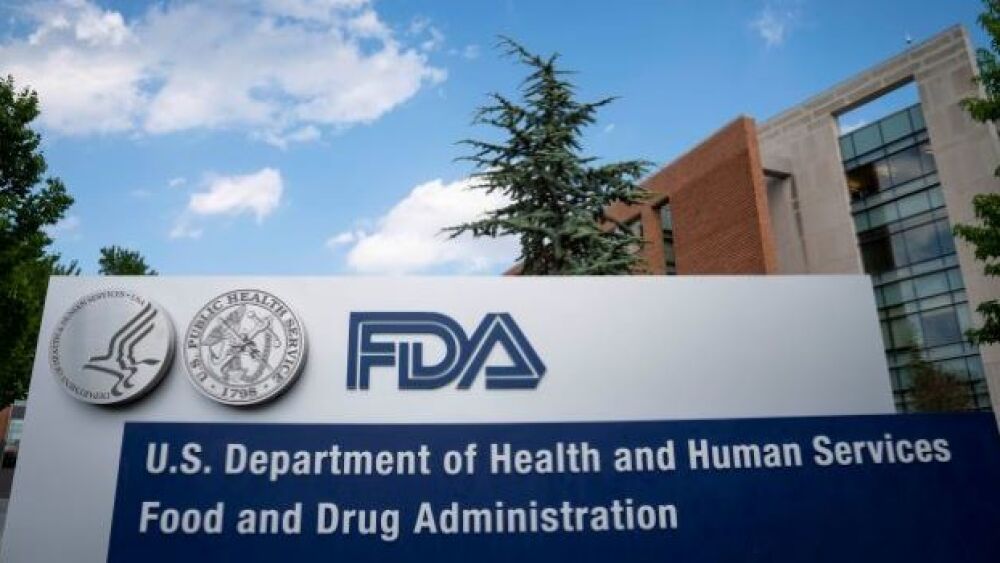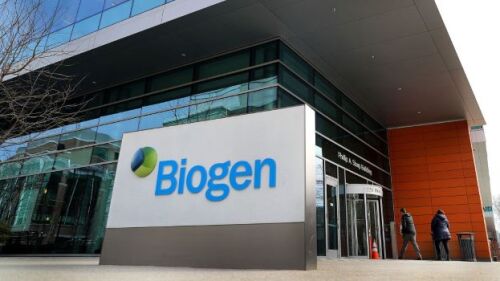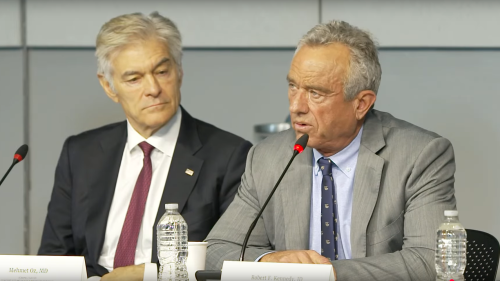Sutro’s stock tumbled nearly 19% after the company announced it will sideline its FRα-targeted antibody-drug conjugate luveltamab tazevibulin, which it was studying for ovarian cancer. The biotech will seek licensing opportunities for the asset.
Pliant follows in the footsteps of Acelyrin, which also enacted a stockholder rights program on Thursday to protect shareholders against Tang Capital’s growing stake in the company.
The recommendations were made in a closed session with representatives from CBER, the CDC and Department of Defense.
As Marty Makary and Jay Bhattacharya sail through the Senate health committee vote, Weldon’s confirmation hearing is canceled. Guggenheim Partners heralded the last-minute move to revoke Dave Weldon’s nomination as “a positive sign for reigning in vaccine criticism.”
While Houston isn’t yet on the same level as major life sciences hubs, it has plenty to offer and room to grow, according to CNS Pharmaceuticals, RadioMedix and Greater Houston Partnership executives.
The move by Acelyrin’s board comes as the venture capital firm has taken larger and larger stakes in the company in an attempt to disrupt a merger with Alumis.
FEATURED STORIES
Digitization enables each drug to have a software-enhanced version optimized for individual patients.
With Eisai and Biogen’s Leqembi and Eli Lilly’s Kisunla launching onto the market, the 2024 Clinical Trials of Alzheimer’s Disease conference focused on the role these drugs might play, as well as combination therapies and innovative new treatment options.
With Novo Holdings’ $16.5 billion buyout of Catalent being reviewed by regulators, what work the contract drug manufacturer may or may not be performing for Eli Lilly remains a point of contention.
FROM BIOSPACE INSIGHTS
In a year when eradicated diseases are on the uptick in America, how will American children survive RFK Jr.’s vaccine scrutiny and inconsistency? Two experts call on pharma and regulatory bodies to rebuild trust.
LATEST PODCASTS
In this episode of Denatured, presented by IQVIA, BioSpace’s head of insights Lori Ellis discusses how AI transformation can help organizations navigate a rapidly evolving regulatory environment with senior director of regulatory innovation and technology, Michelle Gyzen.
Sanofi and BMS paid big money for rare disease and cancer assets, while Regeneron got in the obesity game; AstraZeneca, Gilead and Amgen shone at ASCO; RFK Jr. and the CDC appeared to disagree over COVID-19 vaccine recommendations and several news outlets are questioning the validity of the White House’s Make America Healthy Again report.
HHS Secretary RFK Jr. removes the COVID-19 vaccine recommendation for healthy kids and pregnant women—the latest in a string of changes to vaccine policies; judge issues an order to halt HHS’ reorganization and mass layoff plans; Rocket Pharmaceuticals’ pivotal Danon disease trial is on hold after a patient death; and President Trump has named Mehmet Oz to spearhead his Most Favored Nation drug pricing policy.
Job Trends
Sarepta Therapeutics, Inc., the leader in precision genetic medicine for rare diseases, granted equity awards on Feb. 29, 2024 that were previously approved by the Compensation Committee of its Board of Directors under Sarepta’s 2014 Employment Commencement Incentive Plan, as a material inducement to employment to 5 individuals hired by Sarepta in February 2024.
Subscribe to Genepool
Subscribe to BioSpace’s flagship publication including top headlines, special editions and life sciences’ most important breaking news
SPECIAL EDITIONS
A new generation of checkpoint inhibitors is emerging, with some showing more promise than others. From recent TIGIT failures to high-potential targets like VEGF, BioSpace explores what’s on the horizon in immuno-oncology.
Peter Marks, the venerable head of the FDA’s Center for Biologics Evaluation and Research, has been forced out. In this special edition of BioPharm Executive, BioSpace takes a deep dive into the instability of the HHS.
Year-over-year BioSpace data show biopharma professionals faced increased competition for fewer employment opportunities during the first quarter of 2025.
DEALS
-
Citing anti-trust issues, six states—California, Illinois, Minnesota, New York, Washington and Wisconsin—are joining the FTC’s legal challenge to Amgen’s nearly $27.8 billion buyout of Horizon.
-
Under the merger announced Thursday, Tourmaline shareholders will own nearly 80% of the new company, which will retain its name and continue to focus on developing its anti-IL 6 antibody.
-
Eli Lilly stands to gain access to DICE Therapeutics’ DELSCAPE platform, which enables the design of orally available molecules for autoimmune and inflammatory diseases.
-
The stock deal aims to strengthen Coherus Biosciences’ position in the field of cancer therapeutics and expand its product portfolio.
-
The initial public offering on the Nasdaq is a last-ditch effort by the biotech as there is “substantial doubt” as to the company’s “ability to continue as a going concern” without the IPO, according to its SEC filing.
WEIGHT LOSS
-
The acquisition will give Roche access to Carmot’s clinical portfolio of three GLP-1 receptor agonists, placing it squarely in the middle of the competition to treat overweight and obesity.
-
AbbVie’s $10.1 billion ImmunoGen buy and Altimmune’s Phase II win demonstrate that the antibody-drug conjugate market is red hot in cancer and GLP-1 drugs for weight loss are an absolute craze.
-
While Pfizer’s oral GLP-1 candidate met its primary endpoint in a Phase IIb obesity trial, twice-daily dosing of danuglipron resulted in high rates of adverse events including nausea, vomiting and diarrhea.
-
Patients treated with Altimmune’s investigational GLP-1/glucagon dual receptor agonist saw up to 15.6% weight loss, and nearly a third of those taking the highest dose lost at least 20% of their body weight.
-
This week on The Weekly we talk struggles with GLP-1 drug shortages and what that might mean for Novo and Lilly competitors; Regeneron and Sanofi positive results for Dupixent in COPD. Plus, Merck buys Caraway, Beigene’s deal with Ensem, ups and downs for Flagship.
POLICY
-
Bolstered by promising response data from its Phase II study, Amgen announced Thursday it got the FDA’s green light for its first-in-class bi-specific T-cell engager Imdelltra for extensive-stage small lung cancer.
-
A Senate health committee report published Wednesday forecasts spending on prescription drugs to hit $1 trillion a year in 2031, unless the prices of GLP-1 medicines such as Novo Nordisk’s Wegovy are cut.
-
Following back-to-back approvals in lymphocytic leukemia, Bristol Myers Squibb’s CAR-T therapy Breyanzi on Wednesday won the FDA’s green light for relapsed or refractory follicular lymphoma.
-
The weight-loss drug bonanza continued in the first quarter of 2024 for Novo Nordisk and Eli Lilly, as Amgen also posted strong results, while Biogen and BMS struggled early in the financial year.
-
Following an initial rejection in 2023, Ascendis Pharma on Tuesday said it faces another regulatory bump in the road for TransCon PTH with a three-month delay in the ongoing FDA review.
Use this thorough interview checklist to guide you through the interview preparation process and move you closer to successfully attaining the job you seek.
Is there any point in reliving a job interview you’ve just gone on? Can any good come from analyzing it and ruminating on it?
If you’re planning a cover letter or have one ready to send, take a stroll through this list to ensure strategic optimization.
In the last article on our series of common biopharma careers, we take a close look at what it takes to become a successful computer and information research scientist.
“Why should we hire you?” is a question frequently asked in job interviews, but what’s really behind the question, and how should you respond to it?
Medical and health service managers work hard to improve the quality and efficiency required to deliver first rate healthcare services.
HOTBEDS
REPORTS
In this Employment Outlook report, BioSpace explores current workforce sentiment, job activity trends and the prospective job and hiring outlook for 2025, particularly as it compares to the previous year.
BioSpace’s third report on diversity, equity, inclusion and belonging in life sciences examines dramatic shifts in attitude around diversity initiatives.
CANCER
-
Genmab announced Wednesday it is buying ProfoundBio and its pipeline of next-generation antibody-drug conjugates being developed for gynecologic cancers and other solid tumors.
-
With second-generation antibody-drug conjugates, Eli Lilly, Daiichi Sankyo and others look to reduce toxicity and improve the magnitude and duration of response.
-
Avenzo’s founders, who led Turning Point through its $4.1 billion sale to BMS, want to in-license three clinical-stage oncology candidates by early 2026.
-
Bristol Myers Squibb’s $4.8 billion acquisition of Mirati pays off with strong data from the KRYSTAL-12 study of Krazati, showing that the KRAS inhibitor significantly improves progression-free survival.
-
Keytruda can now be used in the European Union for patients with resectable non-small cell lung cancer at high risk of recurrence in combination with platinum chemotherapy, then continued as a monotherapy afterwards.
NEUROSCIENCE
-
The FDA set a decision date of July 6, 2023 for Eisai and Biogen’s recently approved Alzheimer’s drug, Leqembi, Eisai announced Monday.
-
Billy Dunn, director of the FDA’s Office of Neuroscience, is stepping down from his post to “explore other opportunities,” according to an internal FDA e-mail.
-
If Leqembi is granted priority review from the agency, full approval could come as soon as July, Ivan Cheung, chairman and CEO, Eisai Inc., told CNBC Thursday.
-
Biogen’s 2022 fourth-quarter and full-year report comes the day after an additional warning on the company’s first Alzheimer’s drug came to light.
-
The discovery of novel Alzheimer’s biomarkers is enabling better trial selection, earlier pipeline decision making and new targets for therapeutics.
CELL AND GENE THERAPY
-
In a roundtable event on Thursday, HHS Secretary Robert F. Kennedy Jr. said his office will work to eliminate barriers that keep cell and gene therapies from the market.
-
Interim results from a small group of children in a Phase I/II trial are essentially in line with that of Elevidys, according to BMO Capital Markets analysts.
-
The Platform Technology Designation, which predates the current FDA leadership, is designed to streamline the drug development and review process, particularly for rare diseases.
-
J&J has a multi-year head start, but Gilead believes it can win market share by delivering a drug with better safety and at least as good efficacy.
-
While an adverse event reported in Intellia’s gene therapy trial was a “non-concern” for analysts, it follows a handful of patient deaths in other trials for the modality and sent the company’s stock tumbling in pre-market trading.

